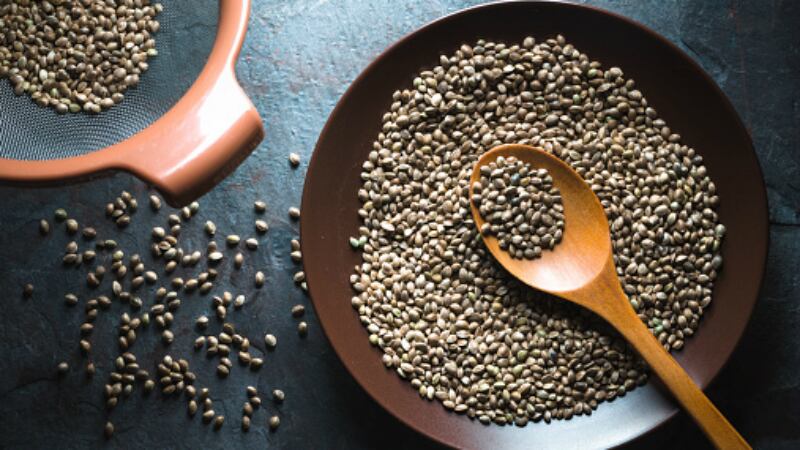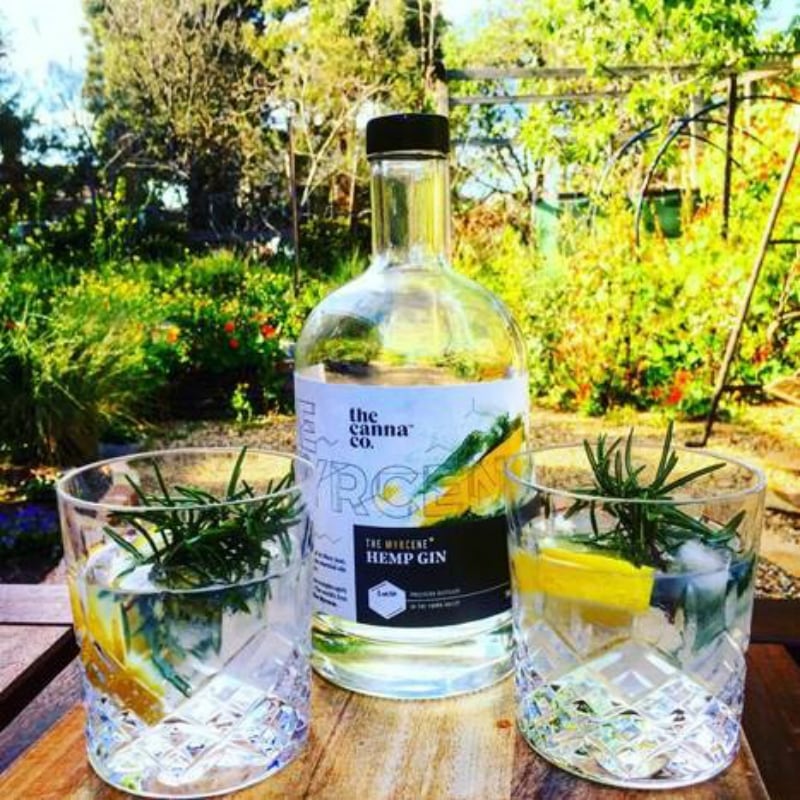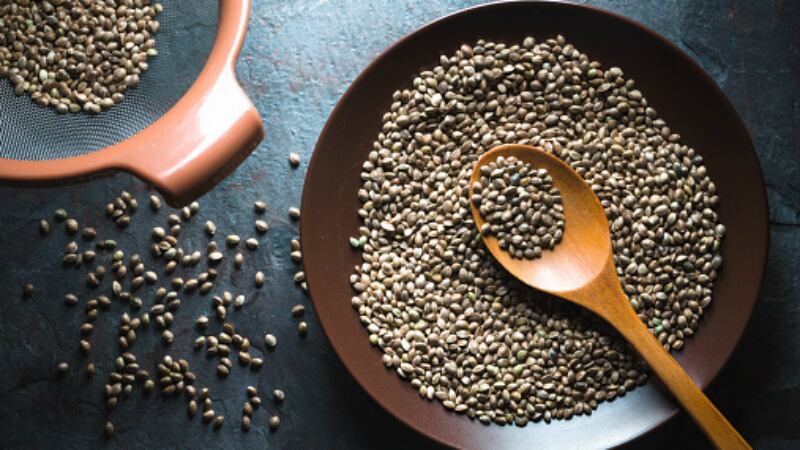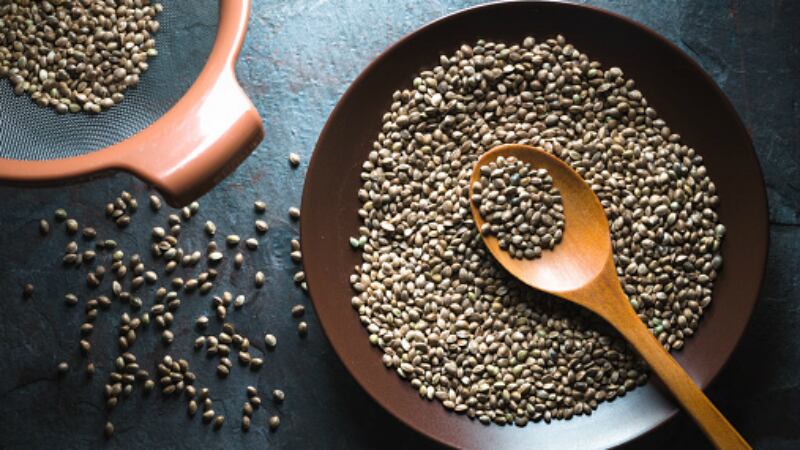Not only are hemp oil and seeds delicious as ingredients in just about every food category, and especially salads, they are laced with abundant nutrition, including many of the dietary elements that vegans are only able to gain by supplementing.
“The amazing thing about hemp is you can eat it until the day you die and you will pretty much not be deficient in any vitamins,” said Lloyd Williams, managing director of Lariese Purely Hemp. The Sydney-based company is one of Australia’s biggest hemp distributors to consumers and the food service industry.
“It’s got all the nutritional building blocks we need: a perfect ratio between omegas 3,6 and 9; it also has zinc, potassium, magnesium, phosphorus, calcium and iron—and hemp seeds and hemp oil simply taste great,” he adds.
Hemp’s omega fatty acid content is particularly helpful for vegans. Though they are essential for good joint, cardiovascular and cognitive health, among many other benefits, these essential polyunsaturated fats are not produced by the body. Instead, they must be absorbed from what we eat, with oily fish and eggs being the biggest supplier.
Moreover, the ratio of anti-inflammatory omega 3 and cholesterol-lowering omega 6 in hemp seeds, at 4:1, is perfect—more so than other vegan sources such as chia seeds, where the ratio is 1:3. Hemp is also a good source of stereadonic acid, a more potent form of omega 3, and gamma linoleic acid, which is found in evening primrose oil.
Australia was one of the last major countries to legalise hemp as a food ingredient when it approved legislation last November, following nearly two decades of lobbying by growers, nutritionists and politicians.
Since then, an increasing number of cafes and restaurants have included hemp in their menus, while consumer awareness of its taste and health benefits have been growing.
Yoko Inoue, founder of Melbourne’s Shoko Iku, began using hemp seed at the organic raw and living food cafe for its nutritional properties, but quickly fell in love with its taste.
“Hemp does have a quite mild flavour that people can get used to quickly,” she said.
As a chef, she uses hemp seed and oil in savoury dressings, smoothies, cakes and slices, as well as breakfasts and main course dishes.
“Our customers also like to add hemp as an extra. It can be incorporated into so many recipes.”
Hemp seeds and oils have a reputation for being more expensive than their more established counterparts.
They are dear compared to chia seed, the current darling of the health food set, due to the cost of processing the seed and cold-pressing the oil. But this is likely to change as hemp moves into the mainstream and more restaurants opt for it.
Lariese Purely Hemp is preparing to re-evaluate its prices, with orders snowballing since hemp’s legalisation.
“Prices will definitely come down as demand grows,” Williams said. “We will cut our prices and the market is bound to become more competitive.”
This is echoed by Paul Benhaim, chief executive of Hemp Foods Australia, the southern hemisphere’s biggest grower.
One of the loudest voices in the hemp lobby since 1998, when advocates first started trying to secure legal status for the crop, he set out to invest some A$3m (US$2.1m) last year to increase hemp growing in Australia.
“It will take some time to see the benefits of this and the prices of hemp being reduced, but we expect that to happen at some stage,” he said.
“Since legalisation, a lot of businesses have taken to it. We are seeing growing demand, particularly in the food service industry, as chefs take to it for the flavours and nutrition that hemp protein offers.”
Hemp has taken off in Australia in a short time, and its combination of flavour and nutrition should see it appear on countless lists of superfood fads. But one thing is for sure: it will not be a passing trend and is here to stay—much to the delight of vegans in particular.




